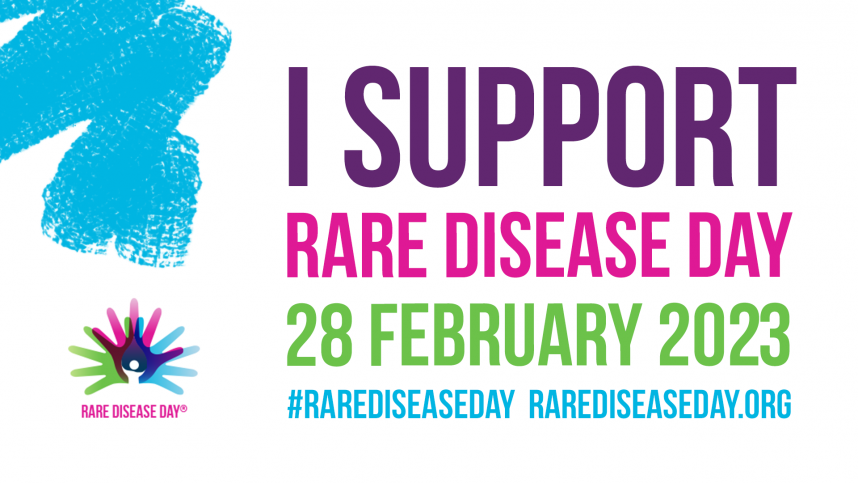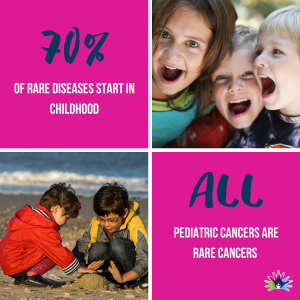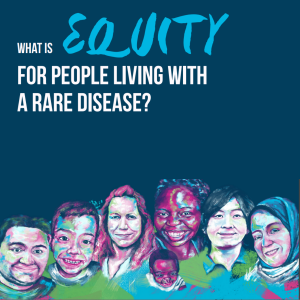
Raising awareness and generating change for the 300 million people worldwide living with a rare disease, their families, and carers.
What are the universal challenges faced by those living with a rare disease?
The lack of scientific knowledge and quality information on the disease often results in a delay in diagnosis.
The need for appropriate quality health care engenders inequalities and difficulties in access to treatment and care. This often results in heavy social and financial burdens on patients.
Owing to the broad diversity of disorders and relatively common symptoms which can hide underlying rare diseases, initial misdiagnosis is common. In addition, symptoms differ not only from disease to disease but also from patient to patient suffering from the same disease.
Research needs to be international to ensure that experts, researchers, and clinicians are connected
Rare diseases – by the numbers
- 300M people with rare diseases
- 3.5 – 5.9% of the population
- 72% are genetic diseases
Characteristics of rare diseases

How can Rare Disease Day make a difference?

Over 6000 rare diseases are characterized by a broad diversity of disorders and symptoms that vary not only from disease to disease but also from patient to patient suffering from the same disease.
72% of the diseases are genetic and almost 1 out of 5 cancers are rare.
Relatively common symptoms can hide underlying rare diseases leading to misdiagnosis and delaying treatment. Quintessentially disabling, the patient's quality of life is affected by the lack or loss of autonomy due to the chronic, progressive, degenerative, and frequently life-threatening aspects of the disease.
The fact that there are often no existing effective cures adds to the high level of pain and suffering endured by patients and their families.
Rare Disease Day raises awareness for the 300 million people living with the rare disease around the world and their families and carers.
The long-term cause of the Rare Disease Day campaign is to achieve equitable access to diagnosis, treatment, health and social care, and social opportunities for people affected by a rare disease.
Important progress continues to be made with joint international advocacy efforts for universal health coverage (UHC), part of the United Nation’s Sustainable Development Goals (SGDs) to advocate for equitable health systems that meet the needs of people affected by rare diseases in order to leave no one behind.
Rare Disease Day is the opportunity to advocate for rare diseases as a human rights priority at local, national, and international levels as we work towards a more inclusive society.
Rare Disease Day is a great example of how progress continues to be made, with events being held worldwide each year. Beginning in 2008, when events took place in just 18 countries, Rare Disease Day has taken place every year since with events being held in over 100 countries in 2019.